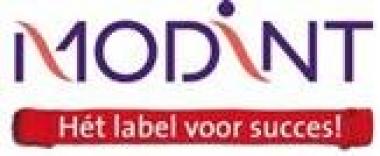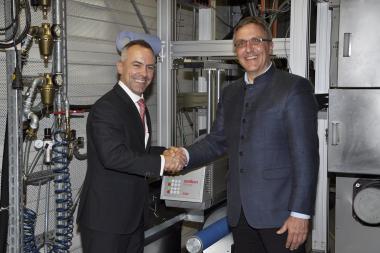Swedish automation boosts Tritex sewing operations
Founded in 1952, Svegea of Sweden – a member of TMAS, the Swedish textile machinery association – has over 60 years of experience in exclusively designing, manufacturing and installing high quality collarette band cutting machines worldwide.
These are used by garment manufacturers around the world for the production of tubular apparel components such as waistbands, cuff and neck tapes and other seam reinforcements, such as Triteks Trejd.
Founded in 1994, this family-owned business employs over 280 people at its plant in Prilep, North Macedonia, where high quality cotton fabrics are expertly converted into the products of the Tritex Underwear brand.
The Prilep operation encompasses the processing of fabrics, design, cutting, sewing, quality control and packing in a fully integrated workflow.
With around 200 sewing machinists, the Tritex product range encompasses briefs, boxers, slips, t-shirts, pyjamas and body slips which are primarily sold to countries within the European Union, as well as the domestic market.
The company has also just completed the digitalisation of its full production via the in-house DPC-SYS system, installing around 200 industrial PCs linking each of its workstations and departments.
Triteks Trejd currently operates three of the latest Svegea collarette cutting machines and is highly satisfied with their performance, as well as the service provided by the Swedish company.
TMAS Swedish Textile Machinery Association Svegea of Sweden Triteks Trejd underwear T-Shirt
TMAS / AWOL Media























